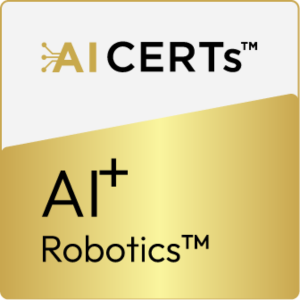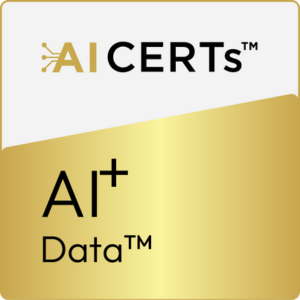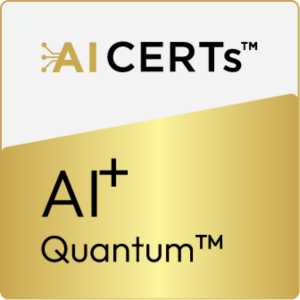Prerequisites
- Familiarity with AI Basics: Understanding of basic AI concepts without the need for technical expertise.
- Innovative Mindset: Openness to generating creative ideas and leveraging AI tools for robotics development.
- Analytical Skills: Ability to critically analyze information and evaluate the implications of Robotics and AI technologies.
- Problem-Solving Readiness: Willingness to engage in real-world scenarios using AI and Robotics techniques.
Exam Details
- Modules (13)
- Examination (1)
- 50 MCQs, 90 Minutes
- Passing Score (70% (35/50) )
Exam Blueprint
| Modules | Percentage |
|---|---|
| Introduction to Robotics and Artificial Intelligence (AI) | 5 |
| Understanding AI and Robotics Mechanics | 6 |
| Autonomous Systems and Intelligent Agents | 6 |
| AI and Robotics Development Frameworks | 9 |
| Deep Learning Algorithms in Robotics | 9 |
| Reinforcement Learning in Robotics | 9 |
| Generative AI for Robotic Creativity | 9 |
| Natural Language Processing (NLP) for Human-Robot Interaction | 9 |
| Practical Activities and Use-Cases | 8 |
| Emerging Technologies and Innovation in Robotics | 9 |
| Exploring AI with Robotic Process Automation (RPA) | 9 |
| AI Ethics, Safety, and Policy | 6 |
| Innovations and Future Trends in AI and Robotics | 6 |
What you will get
High-Quality Videos, E-book (PDF & Audio), and Podcasts
AI Mentor for Personalized Guidance
Quizzes, Assessments, and Course Resources
Online Proctored Exam with One Free Retake
Comprehensive Exam Study Guide
Why This Certification Matters
Demand for Certified AI and Robotics Professionals
Organizations are actively seeking certified experts who can integrate AI into robotics to optimize processes, increase automation, and boost operational efficiency.
Risks of Mismanaging AI and Robotics
Improper implementation of AI and robotics can result in costly inefficiencies, system failures, and safety concerns. This certification helps professionals mitigate those risks with informed decision-making.
Role of Certification in Robotics Strategy
Certified professionals play a vital role in shaping robotics strategies that enhance performance, uphold safety standards, and ensure compliance with evolving industry regulations.
Career Advantage and Leadership Opportunities
As robotics and AI continue to transform industries, this certification equips professionals with a competitive edge and positions them for leadership roles in innovation and automation.
Who Should Enroll
Robotics Engineers
Enhance robotic system design and functionality using AI for advanced automation and intelligent control.
Mechanical Engineers
Integrate AI to optimize robotics performance in manufacturing, production, and mechanical systems.
AI Specialists
Apply artificial intelligence techniques to elevate the autonomy and decision-making capabilities of robotic systems.
IT Specialists and System Integrators
Deploy AI-powered robotics solutions and improve system integration, infrastructure, and real-time communication.
Students and New Graduates
Gain foundational and practical skills in AI and robotics to build a career in a rapidly growing, future-focused industry.
OpenAI Gym
GreyOrange
Neurala
Dialogflow
Prerequisites
Familiarity with basic concepts of artificial intelligence; no technical expertise required
Openness to generating innovative ideas and effectively leveraging AI tools
Ability to think critically and evaluate the implications of AI and robotics technologies
Willingness to engage in problem-solving and apply AI techniques to real-world scenarios
Exam Blueprint
- Introduction to Robotics and Artificial Intelligence (AI) – 5%
- Understanding AI and Robotics Mechanics – 6%
- Autonomous Systems and Intelligent Agents – 6%
- AI and Robotics Development Frameworks – 9%
- Deep Learning Algorithms in Robotics – 9%
- Reinforcement Learning in Robotics – 9%
- Generative AI for Robotic Creativity – 9%
- Natural Language Processing (NLP) for Human-Robot Interaction – 9%
- Practical Activities and Use-Cases – 8%
- Emerging Technologies and Innovation in Robotics – 9%
- Exploring AI with Robotic Process Automation (RPA) – 9%
- AI Ethics, Safety, and Policy – 6%
- Innovations and Future Trends in AI and Robotics – 6%
Frequently Asked Questions
What is the AI+ Robotics™ Certification about
This certification explores the integration of artificial intelligence with robotics. It covers deep learning, reinforcement learning, natural language processing, generative AI, and autonomous systems. The course also addresses ethical considerations, safety, and real-world robotics applications across various industries.
Who should enroll in this certification
The certification is ideal for robotics engineers, AI specialists, system integrators, educators, and tech enthusiasts. It is designed for learners with a basic understanding of AI concepts and a strong interest in applying AI to robotics. No advanced technical background is required.
What practical skills will I gain from this certification
You will develop hands-on experience in designing and deploying intelligent robotic systems. Skills include implementing neural networks and reinforcement learning models, using generative AI in robotics, enabling human-robot interaction through natural language processing, and optimizing automation through AI techniques.
How will this certification benefit my career
This certification positions you for roles in robotics engineering, AI automation strategy, system integration, and innovation in smart robotics. It helps you stay competitive in a rapidly evolving industry where AI and robotics are driving transformation across sectors.
What are the prerequisites for enrolling in the certification
You should have a basic understanding of artificial intelligence, an openness to innovative thinking, the ability to analyze the impact of AI and robotics technologies, and a readiness to apply AI concepts in real-world scenarios. No prior technical expertise is required.




